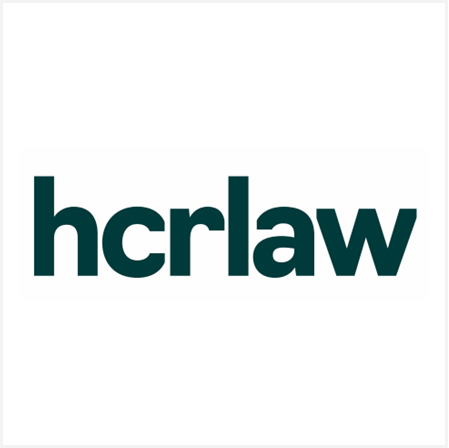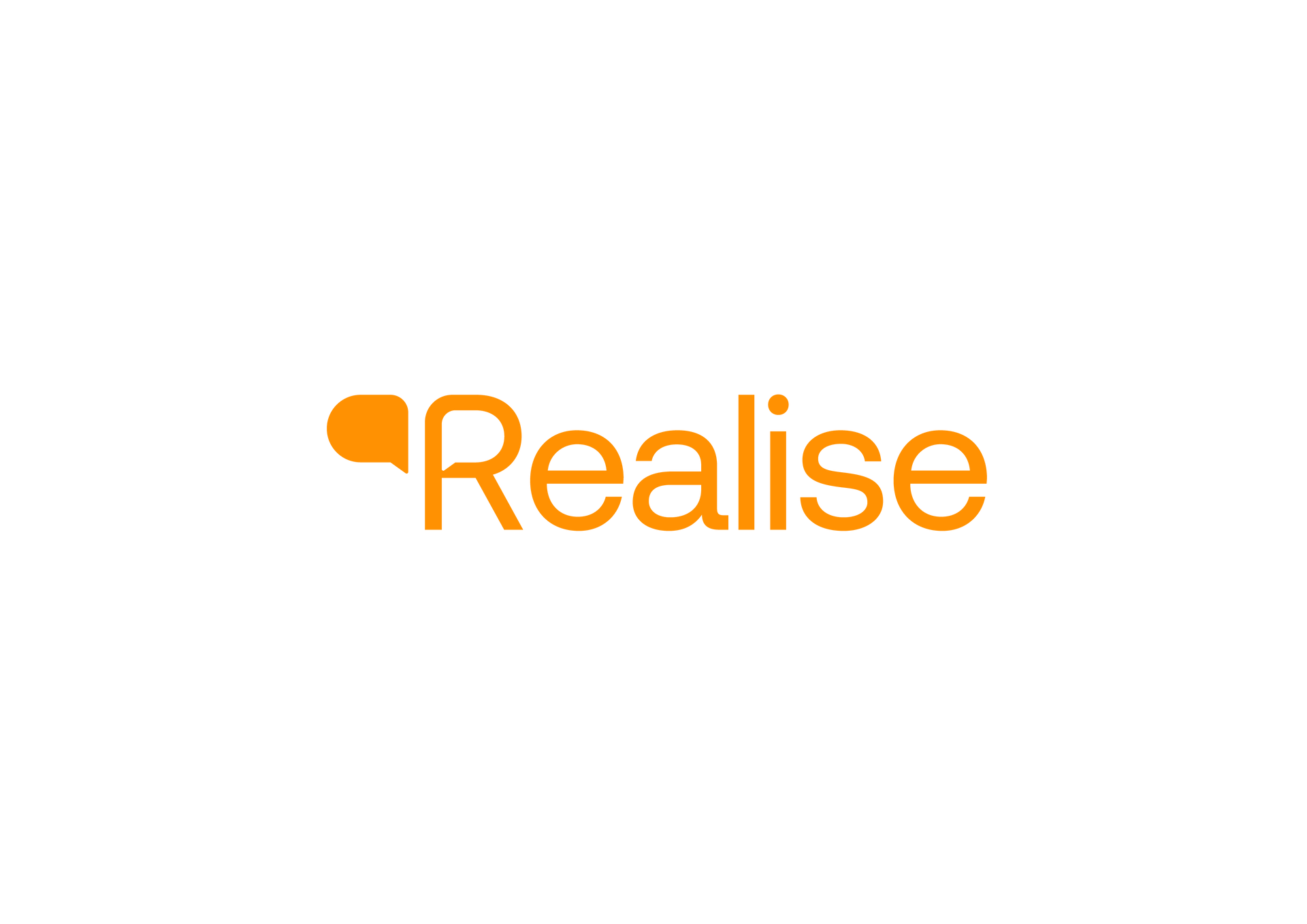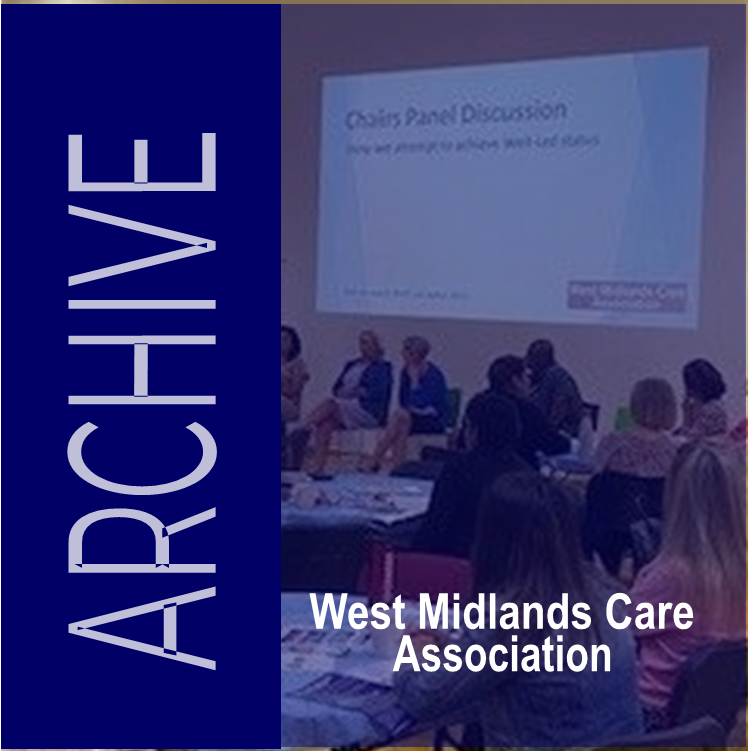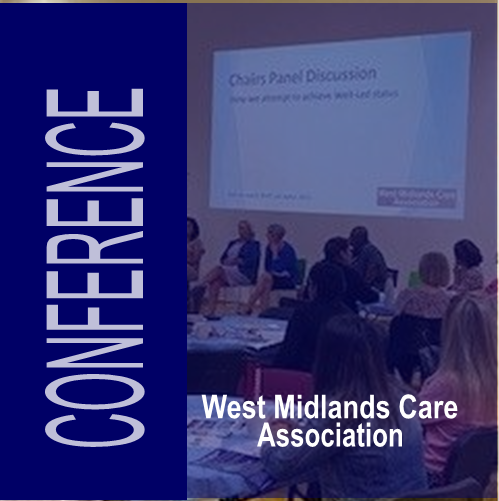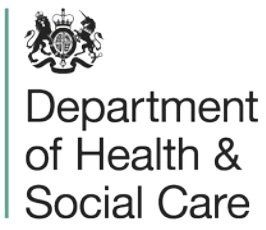The Use of VAT Grouping within the Care Industry
Care Provider Alliance Care Sector VAT Briefing – 6th June 2025
Provided in conjunction with Grant Thornton and Anthony Collins Solicitors.
HMRC has checked this briefing for accuracy and the CPA, Grant Thornton, and Anthony Collins have considered their comments and retain ownership of the briefing
On 24th April, HMRC published Revenue and Customs Brief 2 [2025] (“the Brief”) announcing its new policy on the use of VAT
groups by providers of welfare services in the care sector. The Brief refers to the practice of using a VAT group structure
comprising a state regulated provider of welfare services and an entity which is not state regulated (i.e. not registered with the
Care Quality Commission (“CQC”) in England or equivalent bodies in Scotland, Wales and Northern Ireland), with the aim of
changing the way services are provided under contracts with LAs (“LAs”) and NHS integrated care boards (“ICBs”) to improve
providers’ VAT recovery position. HMRC have stated that the purpose of this Brief is to outline their views in relation to this
type of restructuring.
Historical VAT Position in the Care Sector
Welfare services offered by state regulated providers are exempt from VAT under UK law. VAT exemption means that VAT
incurred on costs directly related to these exempt supplies cannot be recovered, creating an absolute VAT cost for providers.
Some care providers have historically restructured their arrangements so that the entity making the supply of care to the
LA/ICB is not state regulated and as such does not qualify for VAT exemption. The non-regulated entity is inserted into the
supply chain between the state regulated provider and the LA/ICB to whom the supply is made. The VAT group is then able to
recover VAT incurred that is directly attributable to LA/ICB contracts, as these supplies are now standard rated, as well as a
proportion of VAT incurred on general costs (i.e., residual VAT).
These restructuring arrangements have been in place for a number of years and have been utilised by a number of providers.
HMRC’s Position
The Brief confirms that HMRC regards this structure as a form of tax avoidance and has announced the following actions:
- HMRC intends, with immediate effect, to refuse new group registration applications which are designed to implement
this structure. - HMRC will also launch a programme to review and investigate existing VAT groups which it believes are using this VAT grouping arrangement.
HMRC has asked VAT registered providers to review their current VAT position and, if they believe their arrangements fall
within the description of the Brief, to notify HMRC via a specified email address.
Where necessary, HMRC says it may exercise its ‘protection of the revenue’ powers under Section 43C of the Value Added
Tax Act 1994 (“VATA 1994”) to remove relevant parties from VAT groups and to refuse new VAT group applications in line
with Section 43B(5) of the VATA 1994. This is actioned by issuing a Notice which will specify the date from which it is effective
and will be no sooner than the date the Notice is issued to the provider. To confirm, there has been no wider change in VAT
legislation concerning either the VAT treatment of supplies of welfare services or VAT groups generally, nor would it appear
any new case law has been decided to prompt this action from HMRC.
Next Steps
While this is disappointing news for the sector which is already under extreme cost pressures, especially as the restructuring
had been supported by a number of LAs/ICBs, it does provide clarity as to HMRC’s current view and allow providers to plan
accordingly.
It is worth noting that this announcement from HMRC does not involve any change in law nor are they seeking to utilise
powers that are not already afforded to them under statute. However, this is a clear shift in approach as previously they have
accepted the use of VAT grouping structures involving a non-regulated entity and this allowed for a proportion of VAT to be
recovered on their associated costs. Whilst HMRC have not outlined definitively in the Brief the reasons for its publication,
HMRC’s position is clear that utilising this VAT grouping arrangement in the future will likely meet with challenge and it is also
likely to be one that LAs/ICBs will not support going forward.
Commercial in Confidence
Where VAT grouping arrangements have been used and LAs/ICBs have contracted (directly or via novation) with a non-
regulated entity, the Brief does not mean the VAT treatment changes. Supplies of welfare services by the non-regulated entity
remain subject to VAT at the standard rate even if HMRC use their powers under Section 43C(1) to remove the non-state
regulated entity from the VAT group.
Organisations currently using or considering the use of VAT groups as outlined in the Brief should:
- Review any existing VAT group arrangements and related contracts to determine whether they fall within the scope of
the Brief. - If you are currently operating this VAT grouping structure, notify HMRC as soon as possible via the email address set
out in the Brief and review your arrangements in light of HMRC’s new guidance. - Consider further steps that may be needed, including the possibility of proactively amending any current. contracts to
ensure these are with a state regulated entity. - If you are in the process of setting up a new VAT group, you should ensure this is not to utilise the structure as set
out in the Brief.
We appreciate that some providers will be frustrated by the need to unwind such arrangements having spent time and cost
implementing VAT group arrangements over the last few years. Accordingly, the Health and Social Care Team at Anthony
Collins is on hand to support providers with the implementation of any necessary changes and navigation of the contractual
aspects with commissioners. Initially this will involve reviewing contractual arrangements between commissioners and the
non-regulated entity, and any subcontract agreement between the regulated and unregulated members of the VAT group.
Following this, Anthony Collins can provide the documentation to effect the amendments of any current contracts to ensure
these are between a state regulated entity and the relevant commissioner.
Potential Legal Challenge
It is understood that some stakeholders may be considering challenging the Brief, Anthony Collins has consulted with the VAT
Specialist Team at Grant Thornton and is aligned with the view that HMRC has legitimately applied its powers and there is
limited scope for providers to challenge HMRC by way of judicial review in this instance.
Some stakeholders and providers are considering challenging HMRC by way of judicial review because of an apparent failure
by HMRC to carry out an equality impact assessment (EIA). From a purely VAT perspective, it is unlikely that (if successful)
this will have any bearing on HMRC’s policy or the approach they have set out in the Brief.
Judicial reviews are costly, lengthy and whilst such challenge may result in a delay in the effective date, ultimately it does not
appear likely at this stage that the underlying view of HMRC on the use of VAT grouping in the care sector as set out in the
Brief will change.
FAQs
Q1: Does HMRC’s policy effectively prohibit VAT grouping for providers of welfare services?
No. VAT grouping remains permissible; however, HMRC will now challenge structures where non-regulated entities are
inserted primarily to enable VAT recovery on supplies that would otherwise be exempt, considering these arrangements as
potentially facilitating tax avoidance
Q2. Is HMRC expected to apply the revised policy retrospectively?
HMRC’s current focus appears to be on preventing any further use of VAT grouping arrangements where they now consider
them to be facilitating avoidance, rather than applying the revised policy retrospectively. Whilst HMRC do have separate
powers to explore retrospective positions, the powers under Section 43(1) can only be used on a prospective basis
Q3. If we have formed a VAT group, should we unwind this existing structure immediately and what do we need to
do?
Organisations should first review their existing arrangements in light of HMRC’s updated policy before deciding on the next
steps, as HMRC accept that there are perfectly reasonable reasons for forming VAT groups and not all VAT groups will be
covered by the approach outlined in the Brief. If action does need to be taken, the first steps are to notify HMRC and plan on
how to novate contracts back to the state regulated entity. It may be necessary to submit a new VAT registration
application, disband the VAT group and notify any relevant parties of these actions (e.g., CQC).
Q4: What timescales do HMRC expect for unwinding any existing arrangements?
HMRC has not prescribed specific timescales, but the RCB explains that they are launching a project to review and investigate
instances where they suspect that this VAT grouping arrangement is in place. They are encouraging taxpayers to review their
arrangements and contact HMRC at the e-mail address provided in the RCB where they consider that their arrangements
meet the description set out in that Brief.
Q5: Should we contact LAs and ICBs?
If your VAT group arrangements fall within the scope of HMRC’s Brief, we would recommend engaging early with the relevant
LAs/ICBs to agree the VAT treatment under existing contracts and, if desired, novate the contracts back to the regulated
entity. Early engagement allows parties to agree on the VAT position and helps to avoid disputes.
Commercial in Confidence
Q6: Until the structure is unwound, can the VAT group continue to recover input tax attributable to taxable supplies
under normal rules?
HMRC has confirmed that, until the structure is formally unwound, the VAT group should continue to account for and recover
VAT in line with the normal rules applicable to taxable supplies.
Q7: Will HMRC provide assurance to LAs and ICBs that if they continue to pay VAT in respect of welfare services
received from a non-regulated entity, they are entitled to recover it?
HMRC has indicated that until such time as the arrangements are unwound, ICBs and LAs should continue to pay and recover
VAT in accordance with the normal VAT rules applicable to taxable supplies.
Q8: Will HMRC provide guidance to ICBs and LAs on how to support the unwinding process and when to do so?
No. HMRC will not issue specific guidance to ICBs or LAs, on the basis that these bodies have their own internal governance
and procurement procedures. HMRC’s view is that a uniform approach is not feasible, and each organisation should be guided
by its own legal and financial frameworks



